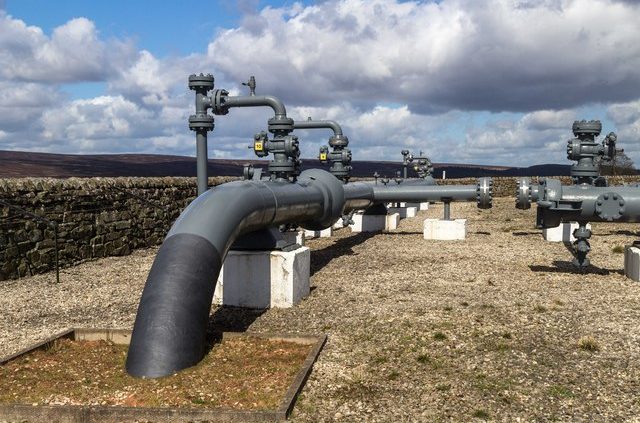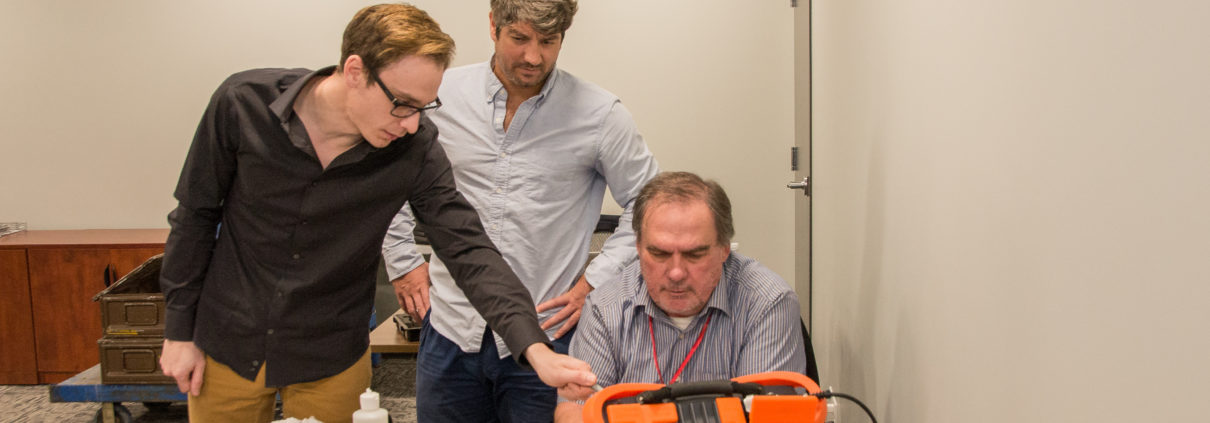Buffalo Inspection Services Ltd. acquired by a group of local investors
Edmonton, Alberta – September 20, 2024 – A group of prominent Edmonton business professionals is proud to announce the acquisition of Buffalo Inspection Services Ltd. (“Buffalo”), Canada’s largest non-union provider of non-destructive testing.
The acquisition, funded through support from Canadian Western Bank (CWB) and BDC’s Growth and Transition Capital division, is set to further solidify Buffalo’s leadership position in the industry.
“Buffalo is well-known for its leadership, quality, and expertise, making it a perfect fit for our investment strategy,” said Tim Lynn, Partner at 4th Street Capital.
“We are particularly impressed by Buffalo’s strong team, who have all been retained through the transaction and have our full support and backing as they continue to lead the company,” said Michael Oshry, investor and Chair of the Board.
“We are excited to welcome this experienced group of business owners to our team. Together, we’re looking forward to taking things to the next level for our customers, contractors, and employees,” said Ross Hutchison, President of Buffalo Inspection Services.
Buffalo’s experienced management team, with their deep knowledge and industry relationships, is a key part of the company’s value proposition. The new partners are committed to supporting the team’s efforts to drive innovation, expand market reach, and continue delivering world-class services to clients.
Valuepath Partners Inc. provided exclusive financial advisory services to the vendors, facilitating a smooth transaction for all parties involved. Kalos LLP provided financial diligence services for the acquiring group. Cassels provided legal counsel to the acquirer, Blakes provided legal counsel to the vendor, Dentons provided legal counsel to BDC, and Witten LLP provided legal counsel to CWB.
Founded in 1979, Buffalo Inspection Services has earned a reputation for providing top-tier inspection and testing solutions that meet the highest safety and regulatory standards. This new partnership is expected to accelerate Buffalo’s growth trajectory while maintaining its commitment to operational excellence.
For more information about Buffalo Inspection Services, please visit www.buffaloinspection.com.
Contact Information
4th Street Capital
info@4sc.ca
4sc.ca






